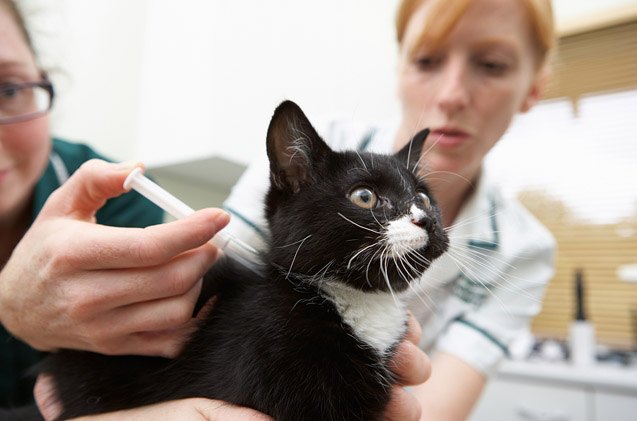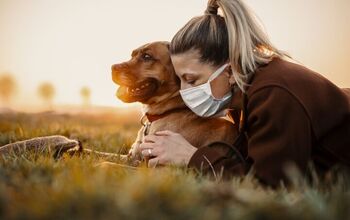Feline Vaccinations: Which Ones Are Really Necessary?

Pet vaccinations have helped reduce the incidence of a variety of serious and potentially fatal diseases. Feline vaccinations, in particular, can protect your cat from potentially deadly viruses, making them an important step in your pet’s healthcare plan. However, there are several vaccinations that aren’t really necessary, especially because they are associated with higher risks of serious side effects, such as sarcomas, and the odds of your cat coming into contact with certain diseases are probably slim.
Which feline vaccinations are really necessary? Continue reading to learn more about the ones that you should consider getting if you are opting to vaccinate your cats. Remember, it is ultimately up to you to weigh the risks and benefits associated with vaccines and determine what the best course of action for your feline companions will be. Unless a vaccine is required by law, you actually do have a choice. Just make sure you do your research first to decide what the best decision would be for the health of your cat.
FVRCP Vaccine
FVRCP stands for feline viral rhinotracheitis (also known as herpes virus), calicivirus, and panleukopenia. These are common viruses, particularly in environments, such as shelters, where many cats are housed together. The FVRCP vaccine is a combination vaccine that protects against all of these viruses, though you can also get these vaccinations separately.
This vaccine is considered a core vaccine, and experts advise that all cats get at least one series to make sure immunity is established because the viruses that it protects against can be serious and these vaccinations can provide protection from transmission or at least minimize the severity of the infection, as in the case of calicivirus or herpes.
Rabies Vaccine
The rabies vaccine is a necessary one, and may even be required by law in some areas. It is especially important to get your feline vaccinated if she is an indoor/outdoor cat and will be at an increased risk of getting bitten by a rabid animal. Rabies is deadly and transmissible to other animals and humans, but the vaccines are highly effective at preventing the transmission of the disease.
Non-Core Vaccines
Non-core vaccines are only necessary depending upon your individual cat’s lifestyle and background. Discussing the true need for these vaccines with your vet will help you determine whether your cat really needs them or not. For example, if you have an indoor/outdoor cat who is exposed to other outdoor cats and feral cats, you may wish to get her vaccinated against diseases like feline immunodeficiency virus (FIV), feline leukemia, and chlamydia. Other non-core vaccines are available for diseases like feline infectious peritonitis and ringworm, but do your research and talk to your vet to determine how effective and how necessary they really are before vaccinating your cat blindly. And make sure you are aware of potential side effects associated with these vaccines.
How Often Should You Vaccinate?
Many holistic veterinarians will advocate against giving your cat all of the booster shots that conventional veterinarians recommend. Instead, you can test for titers via a blood test to determine if your cat’s level of immunity against a particular disease is still sufficient or if he really does need a booster shot. Experts who advocate against over-vaccinating pets claim that boosters increase the risk of side effects that can take years to show up in the form of serious illnesses. Again, talking to your vet about the true necessity of these boosters will help you make the best decision for your cat.
Killed Versus Modified Live Vaccines
Some veterinarians will not use killed vaccines because they are adjuvanted and carry an increased risk of causing malignant tumors. These vaccines may not stimulate the immune system as effectively as modified live vaccines, which are non-adjuvanted. Once again, discuss your options with your vet.
Vaccinations can be extremely beneficial but they can also carry serious side effects. Educating yourself on what feline vaccines are really necessary, as well as which types of vaccines are the safest, is the best way to make the right decisions for your cat.

Lisa Selvaggio is a freelance writer and editor, and our resident cats-pert, with certifications in pet nutrition and pet first aid. She enjoys producing content that helps people understand animals better so they can give their pets a safe and happy home.
More by Lisa Selvaggio






















